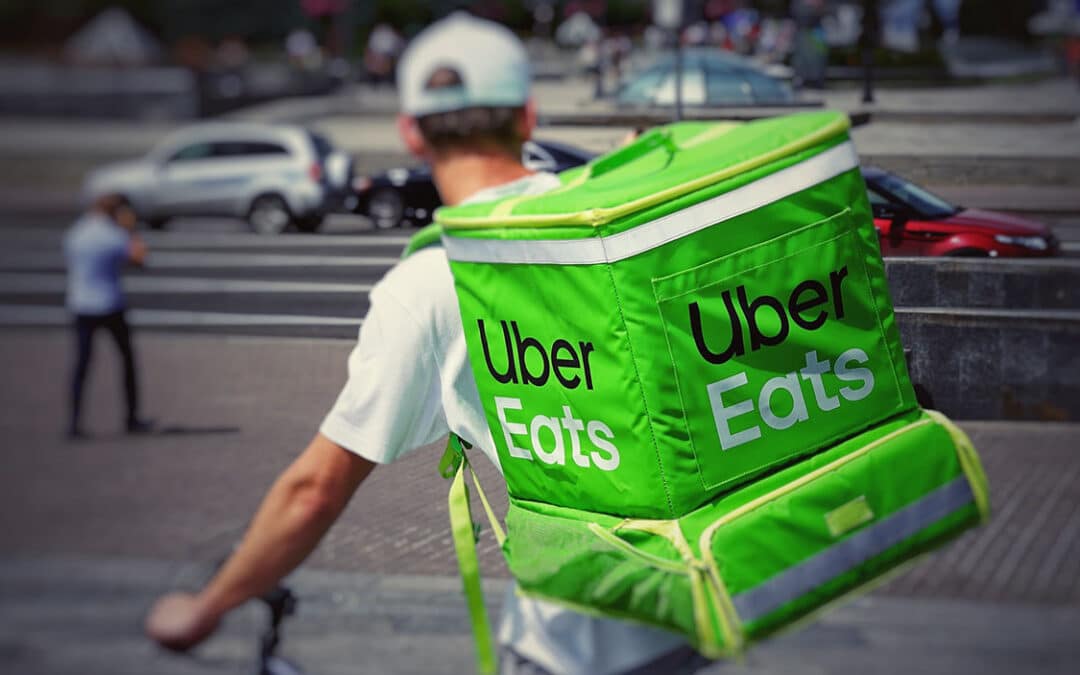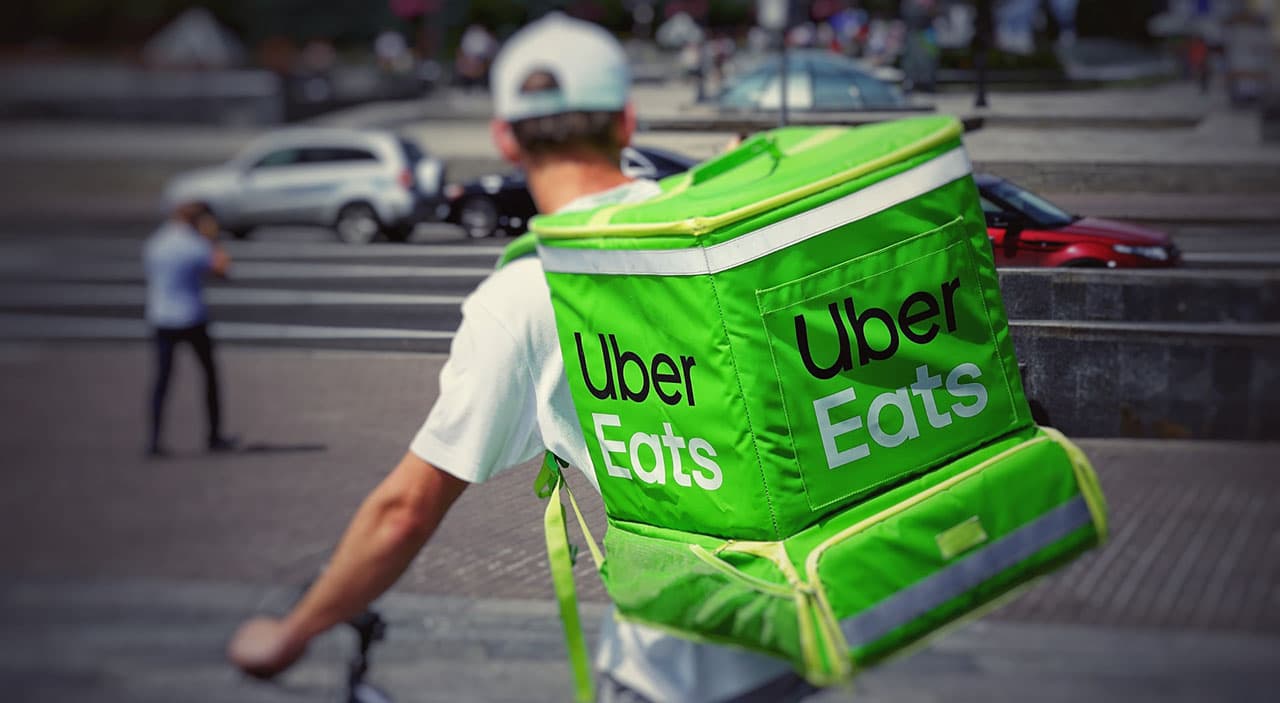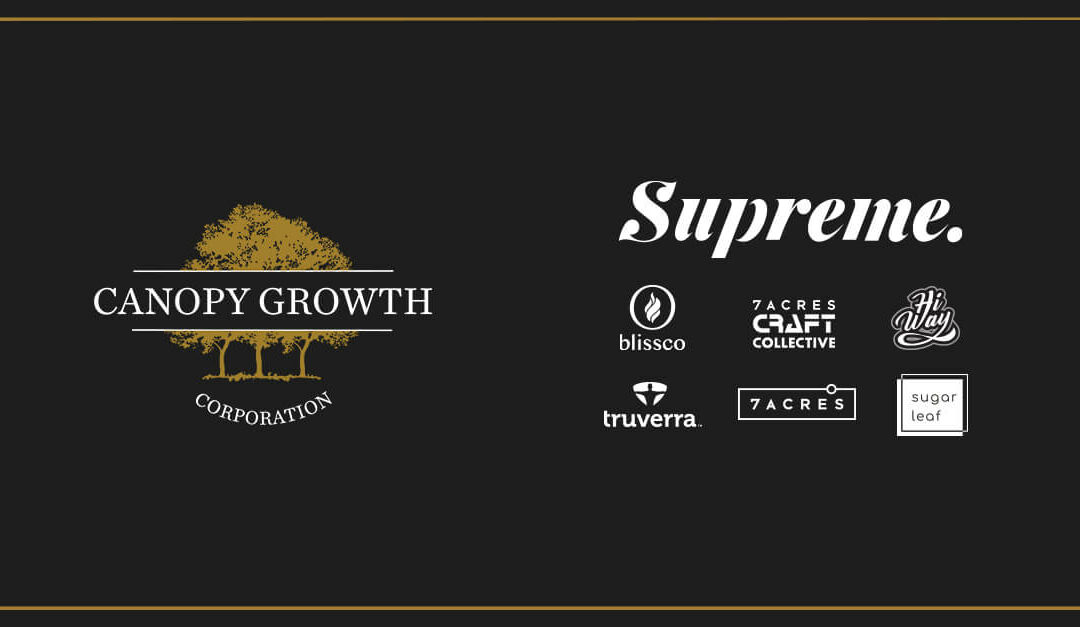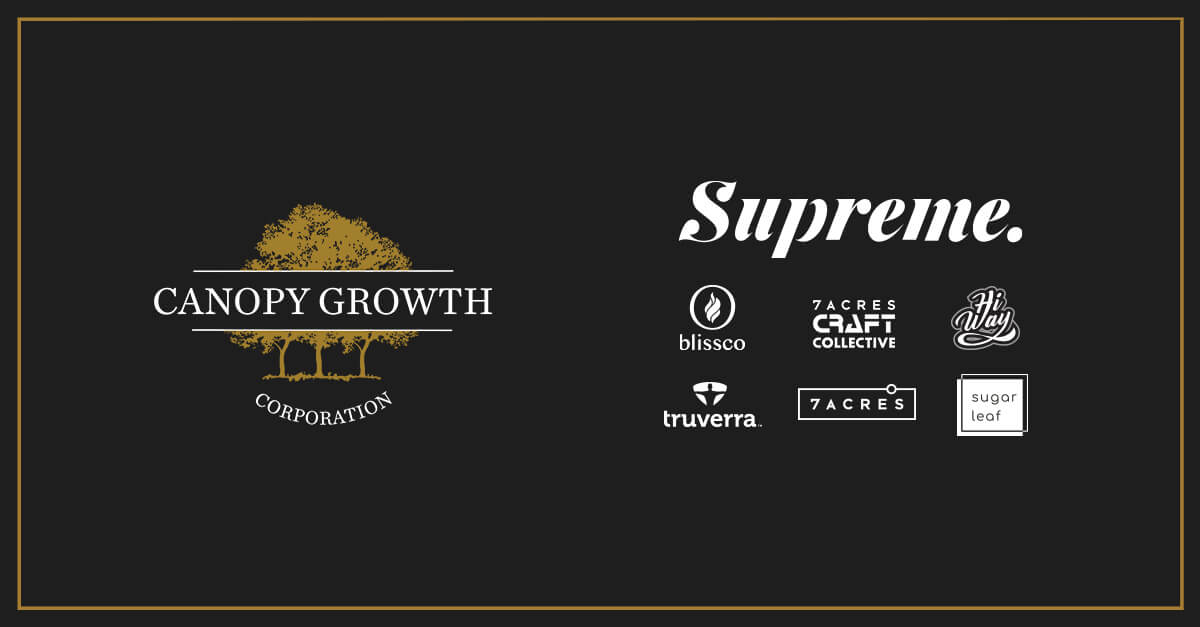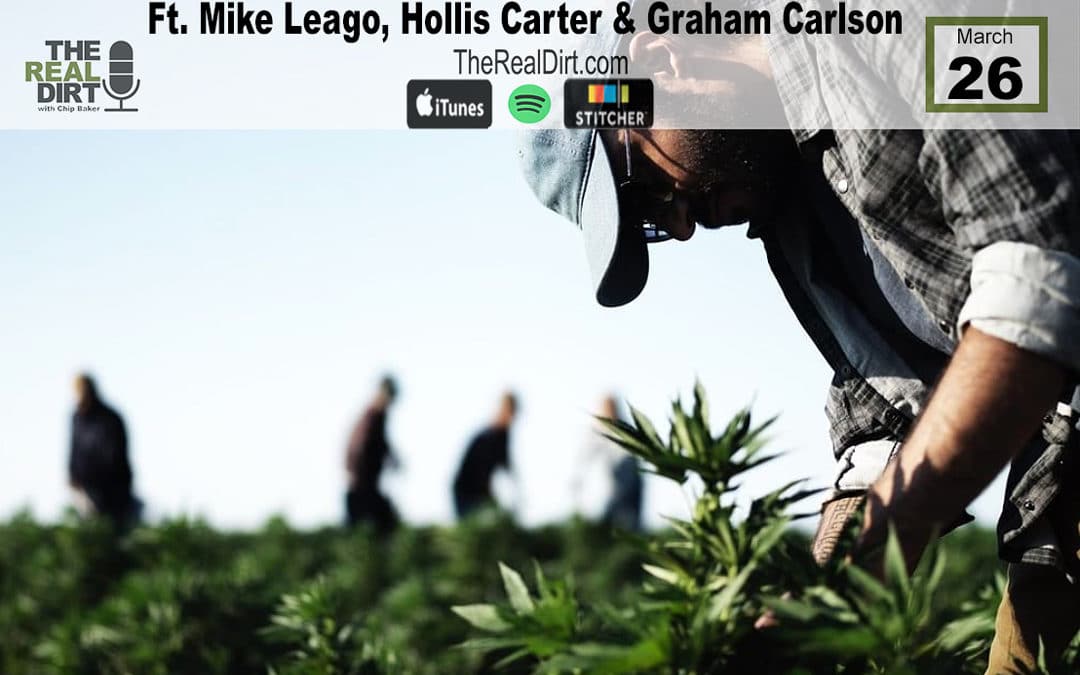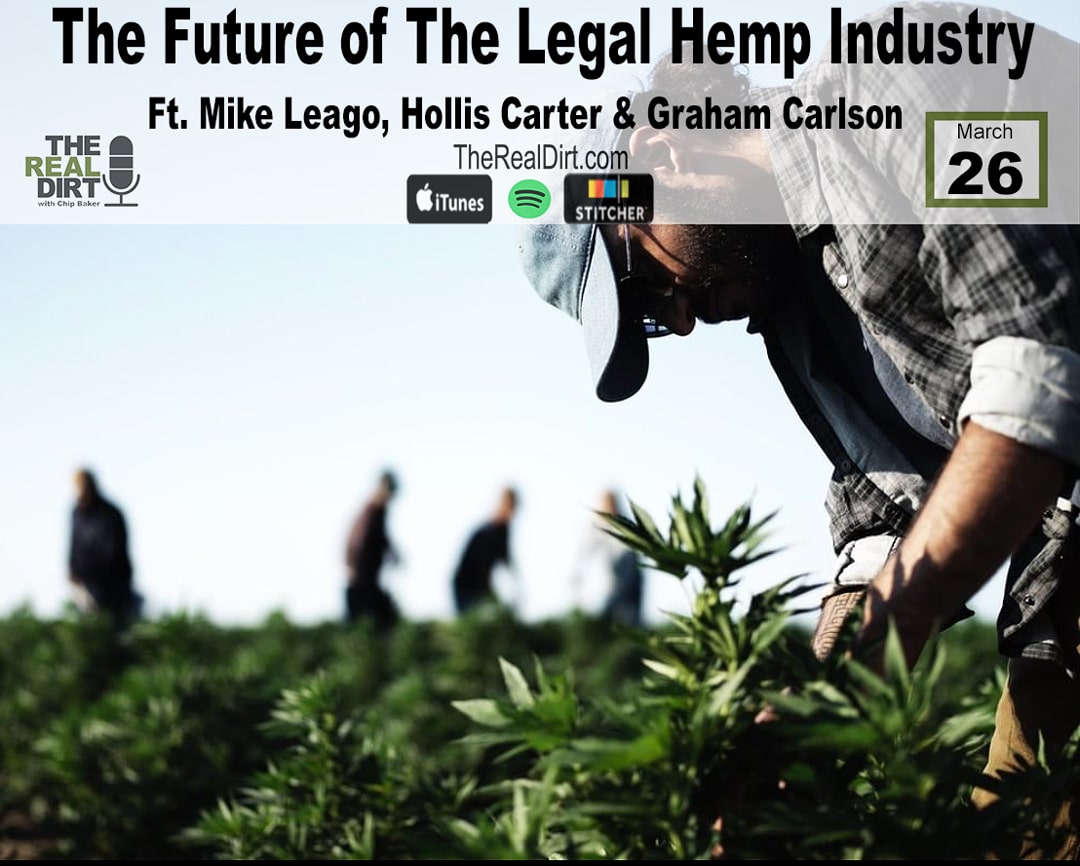
World’s first airport cannabis store to open in Canada

The Prince George Airport in British Columbia is one step closer to hosting what reportedly would be the world’s first in-airport cannabis store.
The Prince George City Council voted in favor of the store’s land-use application at a public hearing Monday night.
Retail brand Copilot plans to open its airport terminal store by the beginning of summer, said co-founder Owen Ritz, pending further government approvals and store construction.
“We think that one potential segment are customers who are looking to purchase cannabis products and potentially consume them before traveling,” Ritz told MJBizDaily.
“It’s not necessarily because we view cannabis as a way to get intoxicated before traveling – it’s that cannabis is a product that people use to relieve stress and travel is a stressful experience, and it’s a practice that already exists.”
Other potential customers include arriving travelers looking to pick up cannabis before heading to their final destination in B.C., Ritz added, as well as curious travelers who might not ordinarily visit a cannabis store.
“We really view being in an airport as an opportunity to do that, to introduce our brand, and cannabis retail in general, to any type of customer.”
Cannabis consumption area planned
The Prince George Airport Authority (PGAA) publicly announced the planned cannabis retailer in January.
Ritz said he and fellow Copilot co-founder Reed Horton originally pitched the airport on the retail concept nearly two years ago, gaining PGAA’s approval and support for the retail concept.
The single-terminal regional airport served nearly 500,000 passengers in 2019, before the COVID-19 pandemic took hold and zapped air travel.

